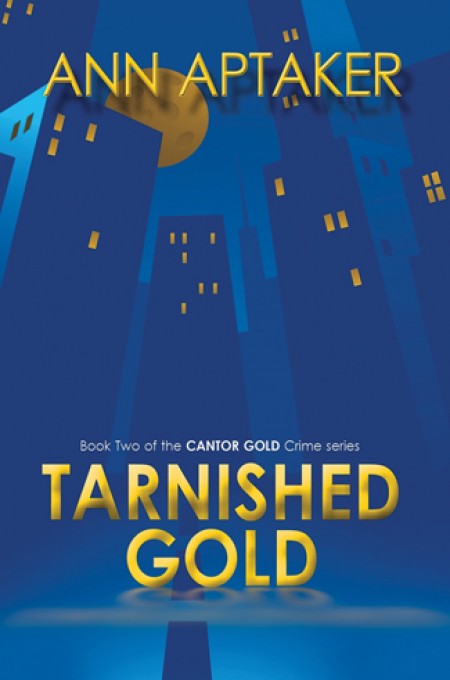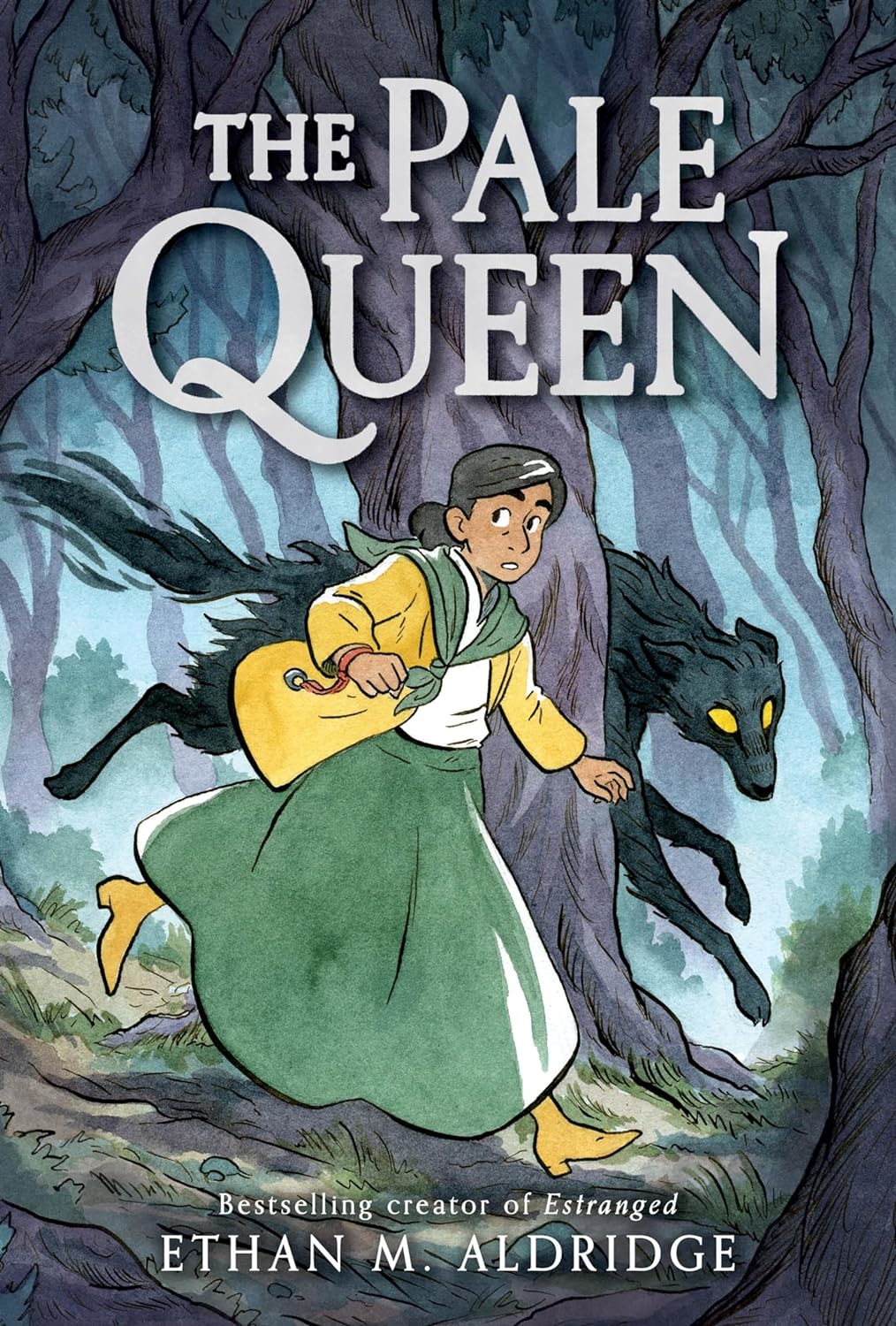I’m not going to lie, I did not know if I wanted to read The Pull of the Stars before I started it. I haven’t read a lot of Emma Donoghue before, and I wasn’t aware that The Pull of the Stars had an f/f relationship. I knew that a couple of my friends had liked it, and that it was about the Spanish flu pandemic, and I questioned whether I wanted to read a book about another pandemic while living through one. But it was a shorter read, and I do love historical fiction, and I’m trying this new thing during quarantine of reading books soon after they come out rather than three years later, and I’m glad I moved this one to the top of my to-read list.
The entirety of the book takes place over about three days, and most of it takes place in one small room of a Dublin hospital. Julia works long shifts at a hospital with no leave, and off shift she goes back to the house she shares with her brother, who was invalided out of the army with what is obviously a severe case of PTSD. Julia is a nurse in the maternity ward, but since the flu had become an epidemic, the hospital she works at has quarantined women with flu symptoms into one room with three beds, away from the other women, and Julia is assigned to this room, having previously gotten and recovered from the flu herself. Closed in together, Julia and her patients might as well be in their own little world–she can rarely even get a doctor to come in to assist in emergencies or to sign off on orders that Julia knows are right but doesn’t have the authority to do herself. It creates a very intense mood that distills down an already intense subject matter. In just the few days that the book covers, Julia deals with the full spectrum of birthing experience, from success to tragedy, with the flu heightening everything and making everything more difficult. Any book I read these days is an escape from my small apartment, but this time I read avidly, feeling connected to these characters who are also closed in and struggling and scarred in the face of overwhelming circumstances. Even simple things become more difficult when systems are overloaded, as we all well know now, and reading about Julia doing her best to do her job and help her patients was strangely cathartic.
The whole book isn’t about midwifery and plague though. When Julia arrives for her first shift at the beginning of the book, she is assigned a new runner, an orphan named Bridie Sweeney who has been sent by the nuns who attend to the hospital. Bridie has no nursing experience, but she’s willing to learn and is good with the patients. Her sunny eagerness and the joy she takes in even the small good things are an instant bright spot in the stuffy fever ward, and Julia finds herself taking Bridie under her wing and teaching her the beginnings of nursing. Alone and dependent on each other to get their wards through each night, Julia and Bridie grow closer and closer together in the crucible of the hospital. Julia finds herself opening up to Bridie, and also finds herself keenly drawn towards the other woman as she learns more about Bridie’s past. Now, since this review is appearing in a queer book blog, a discerning reader can probably guess the way this relationship is headed, but I, having done no research and knowing nothing about this book before starting it, did not, and it was delightful. For one endless night, things were getting better for Julia and Bridie, and they even stole enough space and time for themselves to breathe and dream, and it was so so good.
Vague spoilers:
Unfortunately, this is a book about a plague and the end of a war, and the dreams do not last. The flu doesn’t care about tragic backstories or hopes or dreams. Even as Julia rails against the lack of help she has to give her patients, and the circumstances that led to their present conditions, and the increasingly disturbing facts about Bridie’s childhood, all she can do is her best, which isn’t enough in the face of such overwhelming odds. But somehow, even though the ending was emotional and sad, it pulled it all together in a way that made me long for more. The Pull of the Stars was a fast read, a fascinating read, undoubtedly a difficult read, and yet an incredibly satisfying read. I connected with it on a personal level due to our current circumstances without it being too overwhelming, and in the end it was about the importance of doing what you can to keep going, and about the good you can do along the way. As an entry into the halls of f/f historical fiction, I heartily recommend it.




